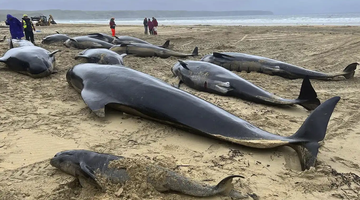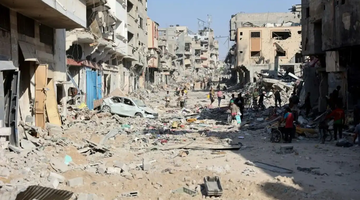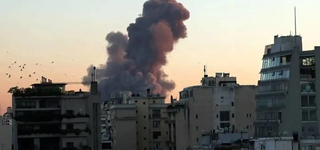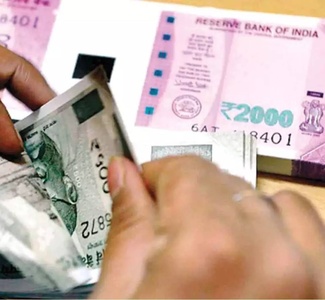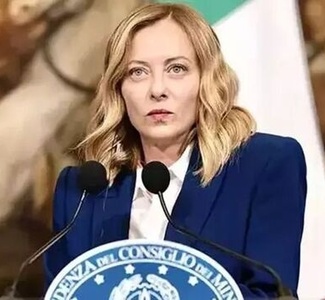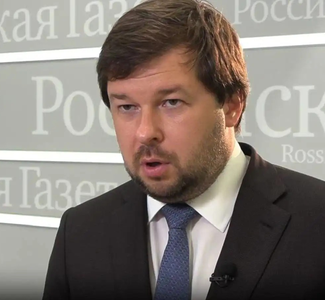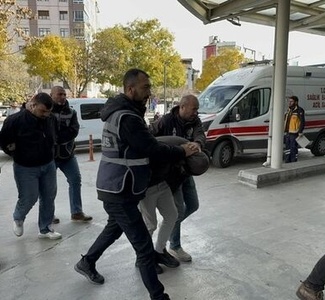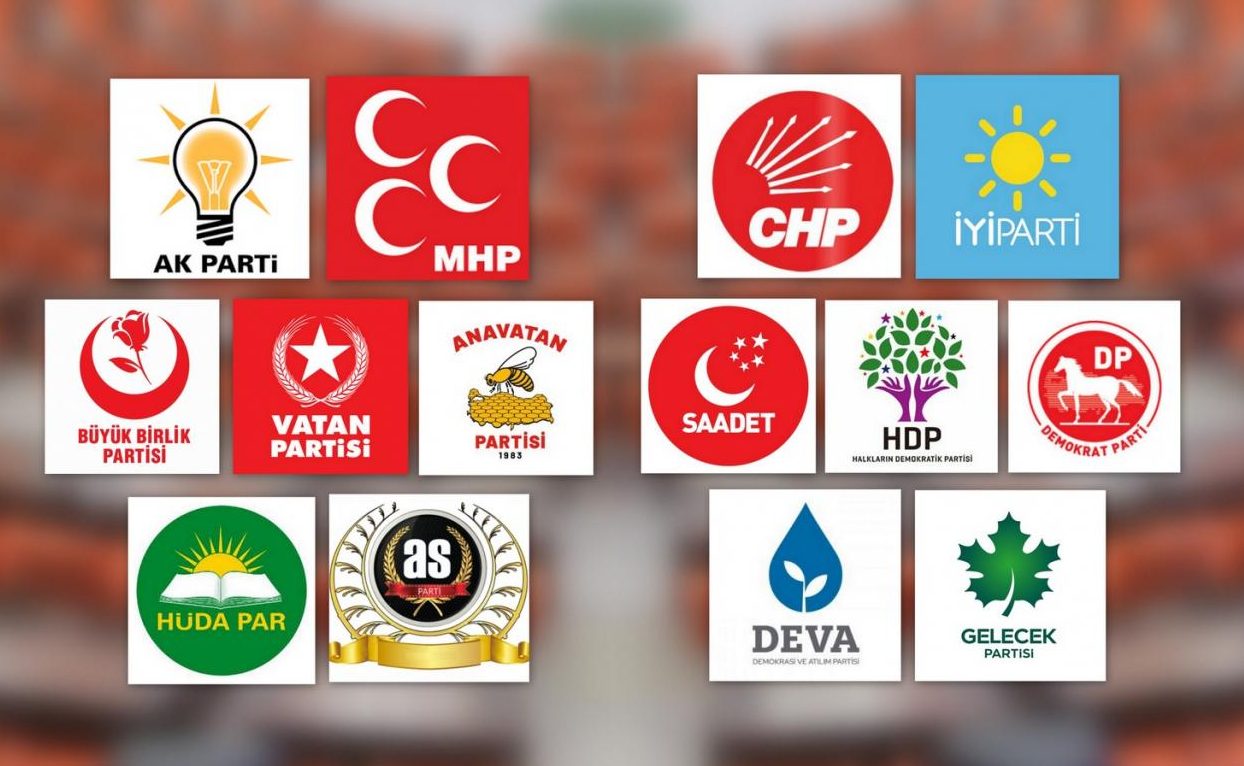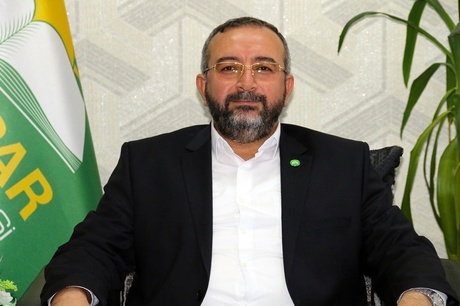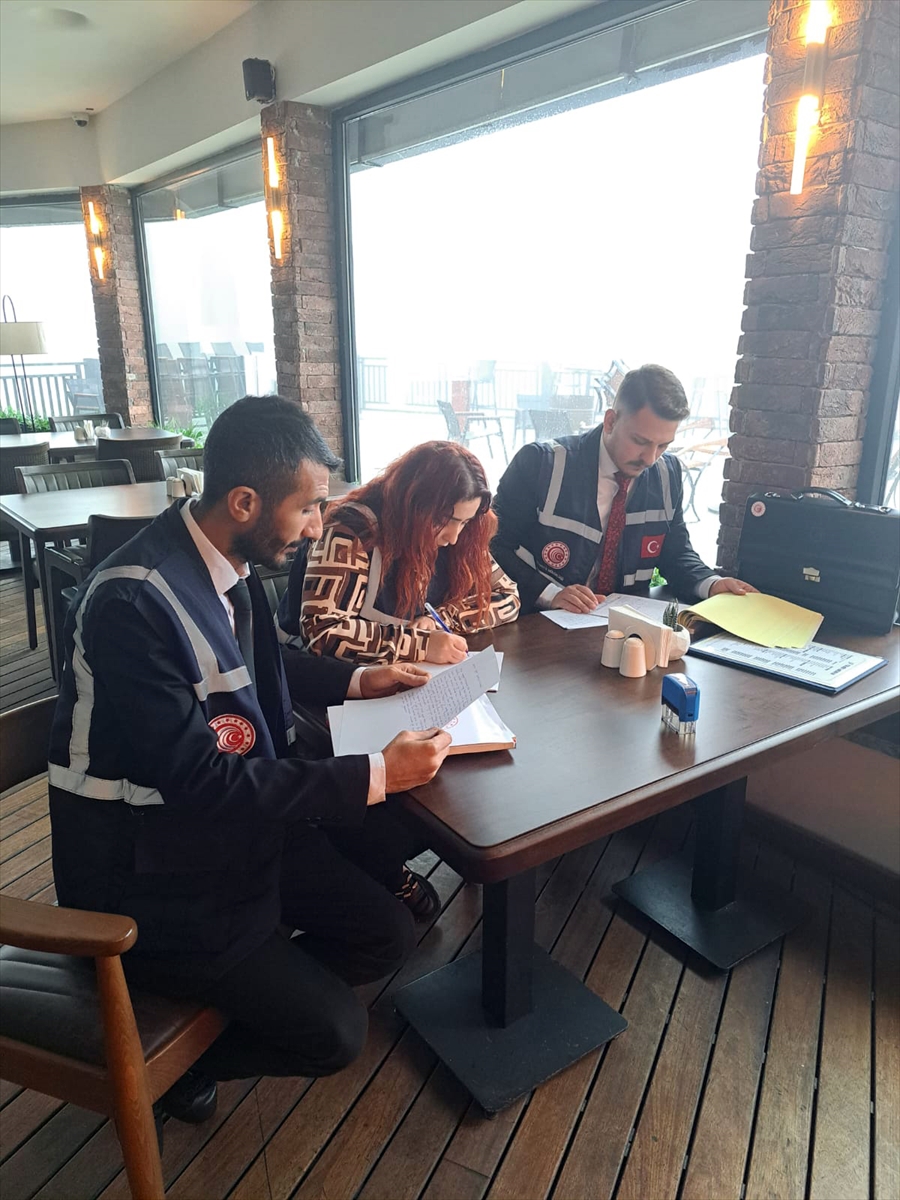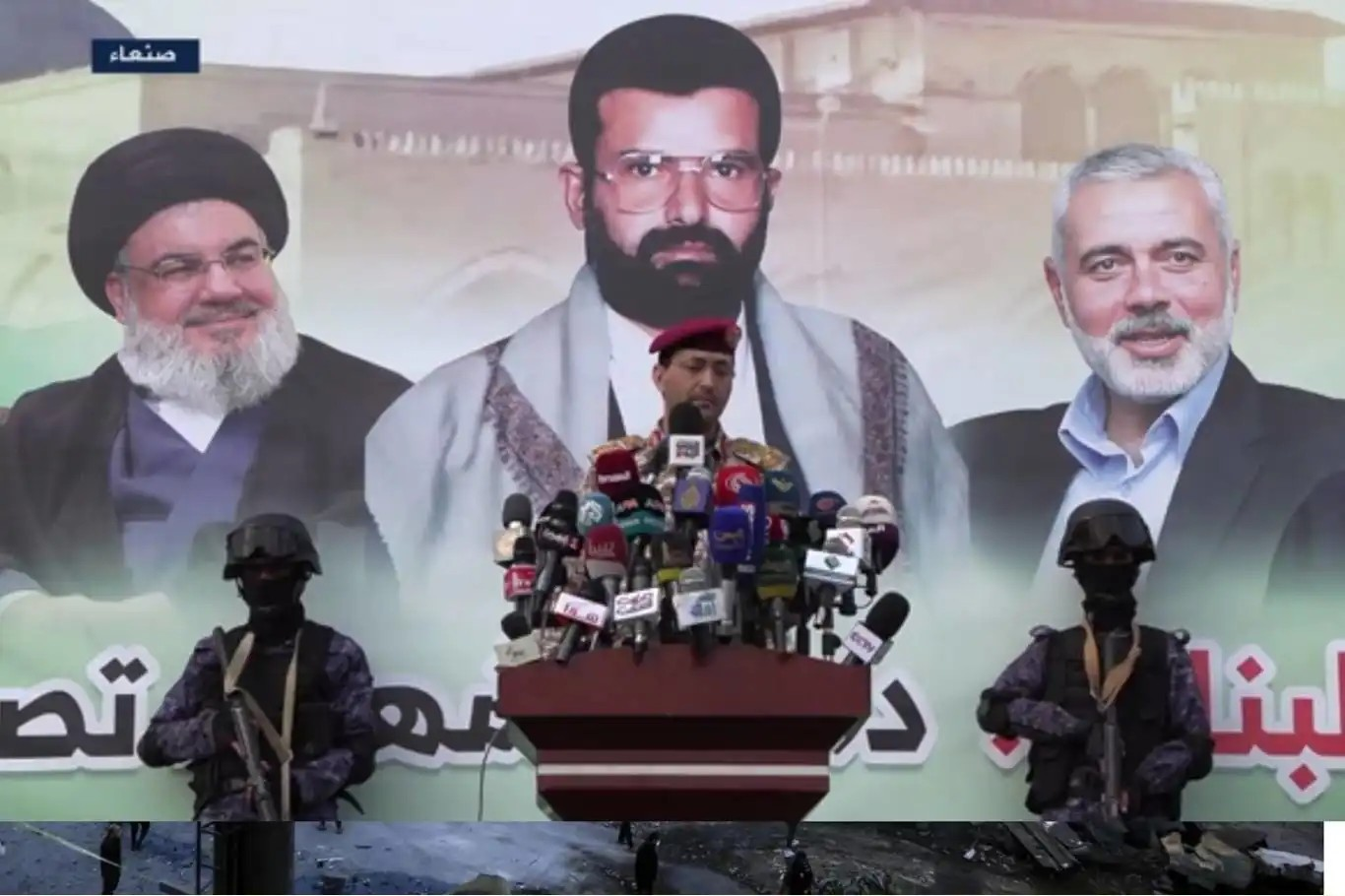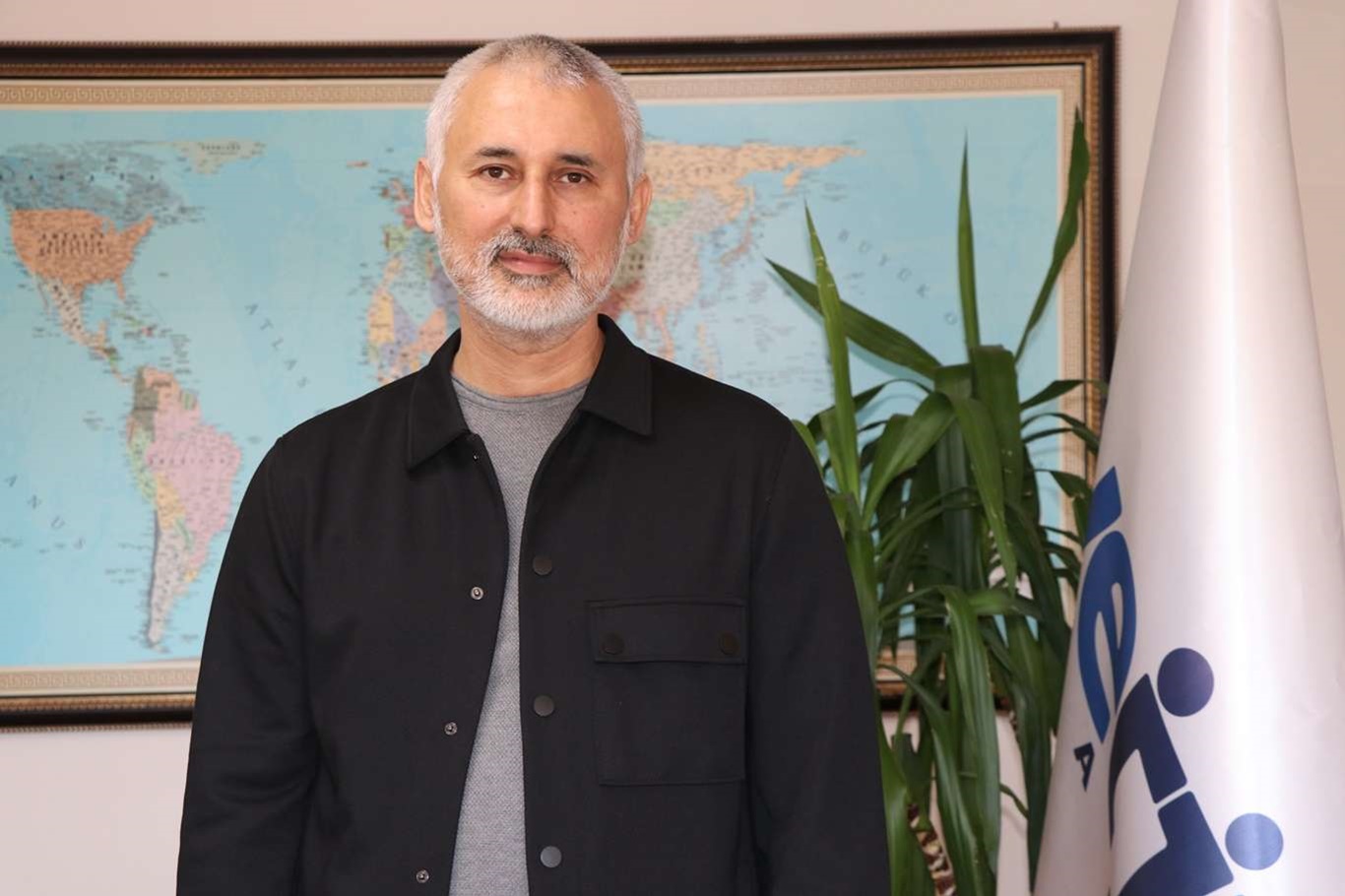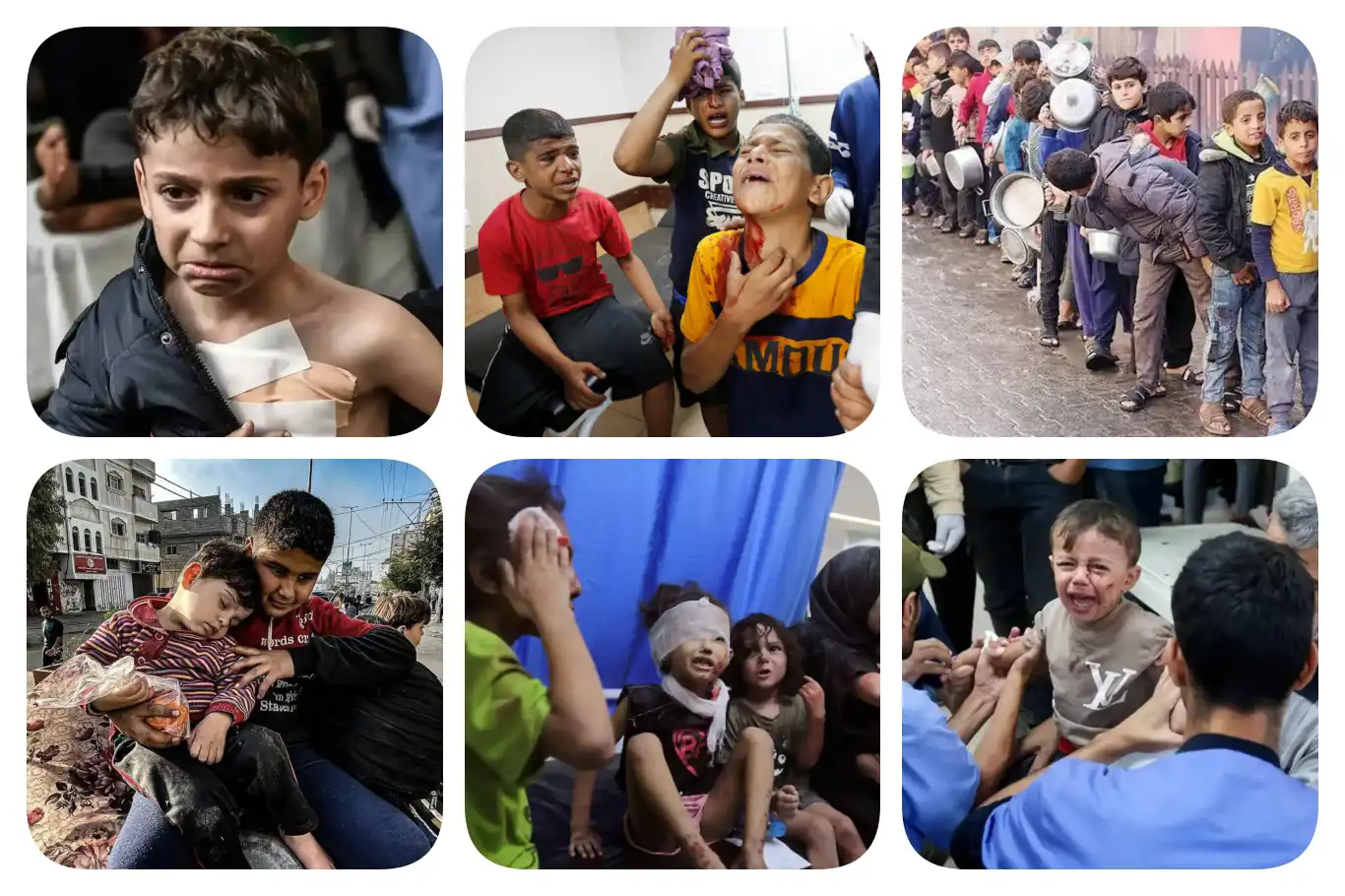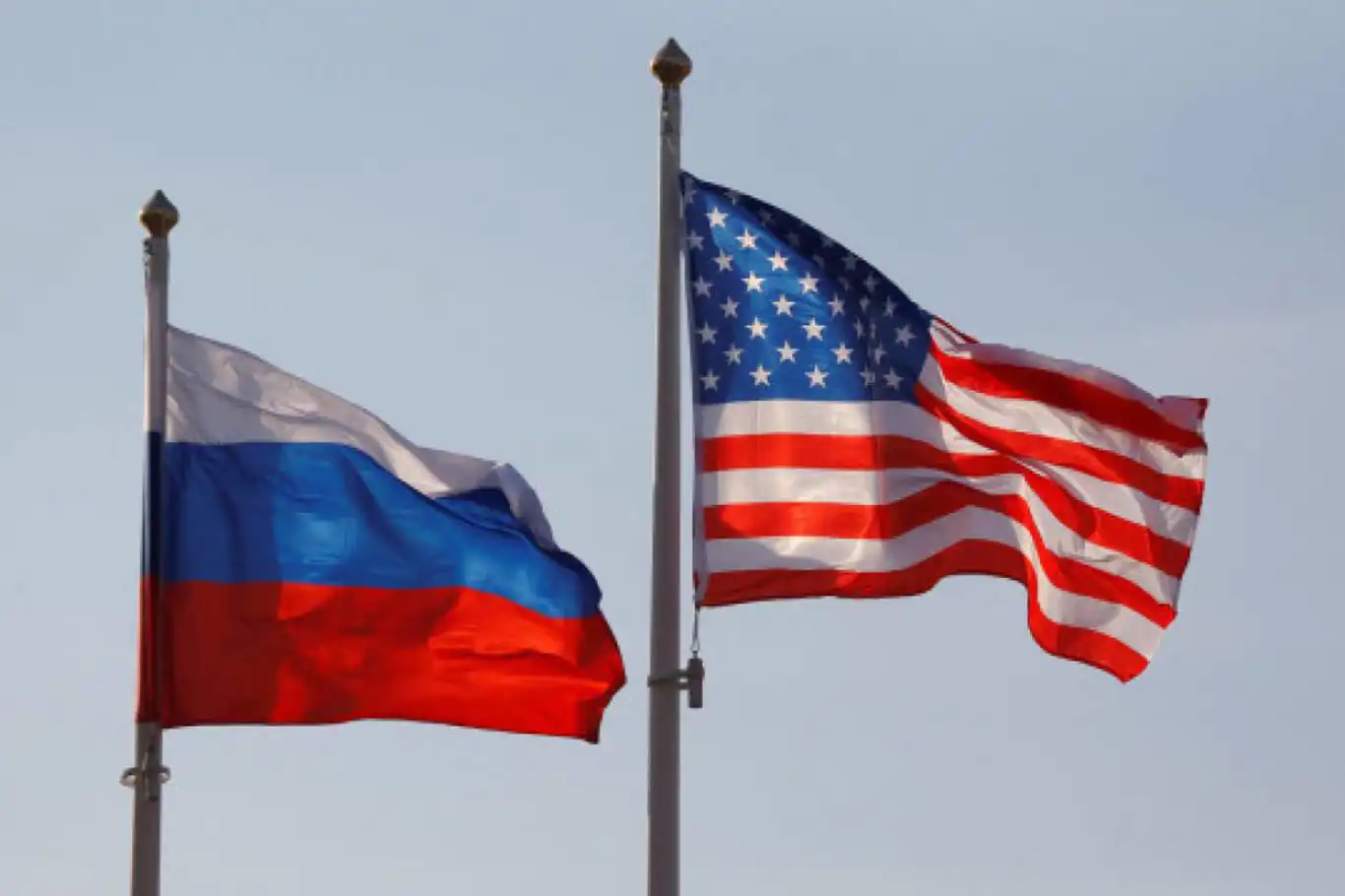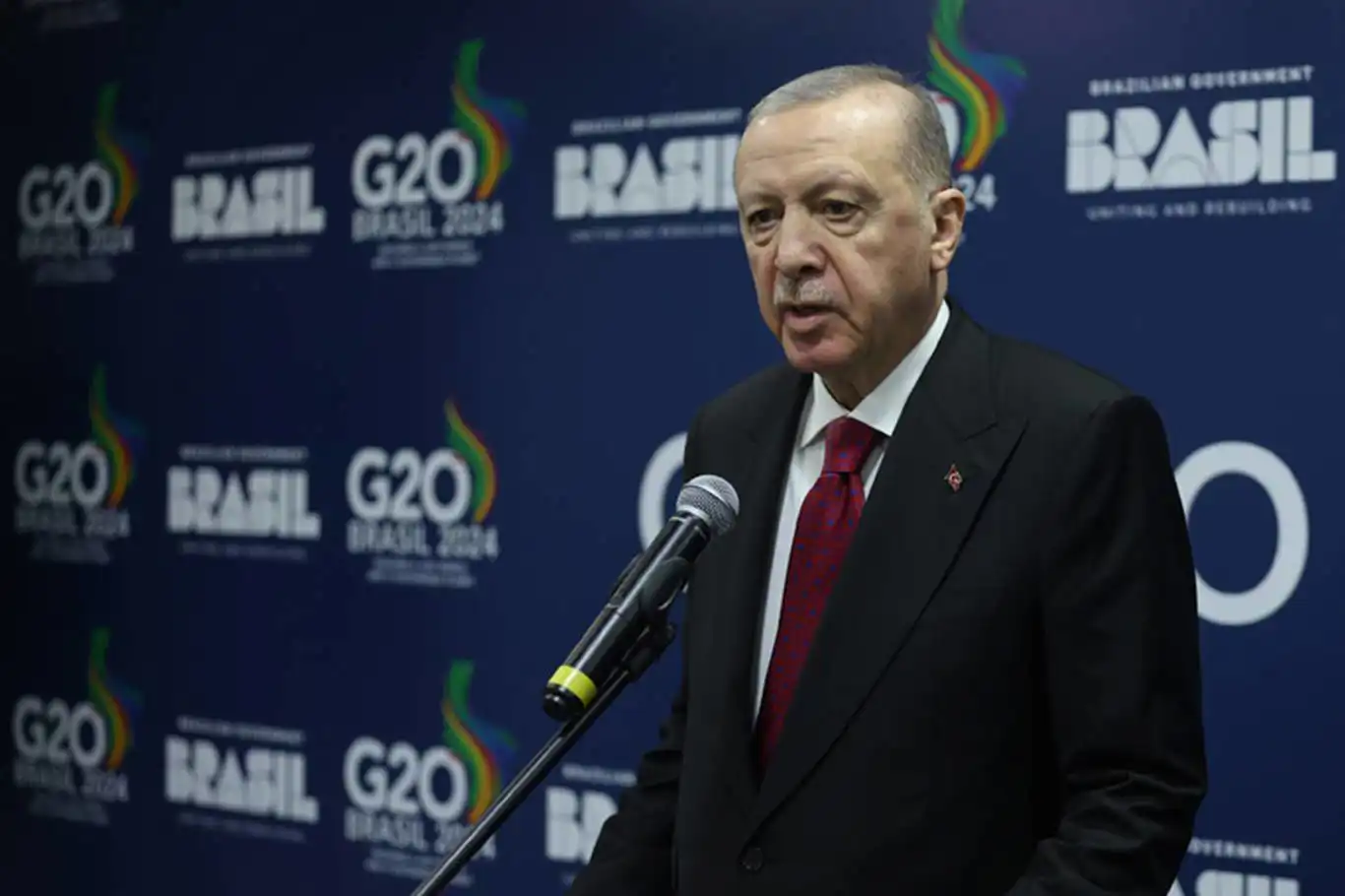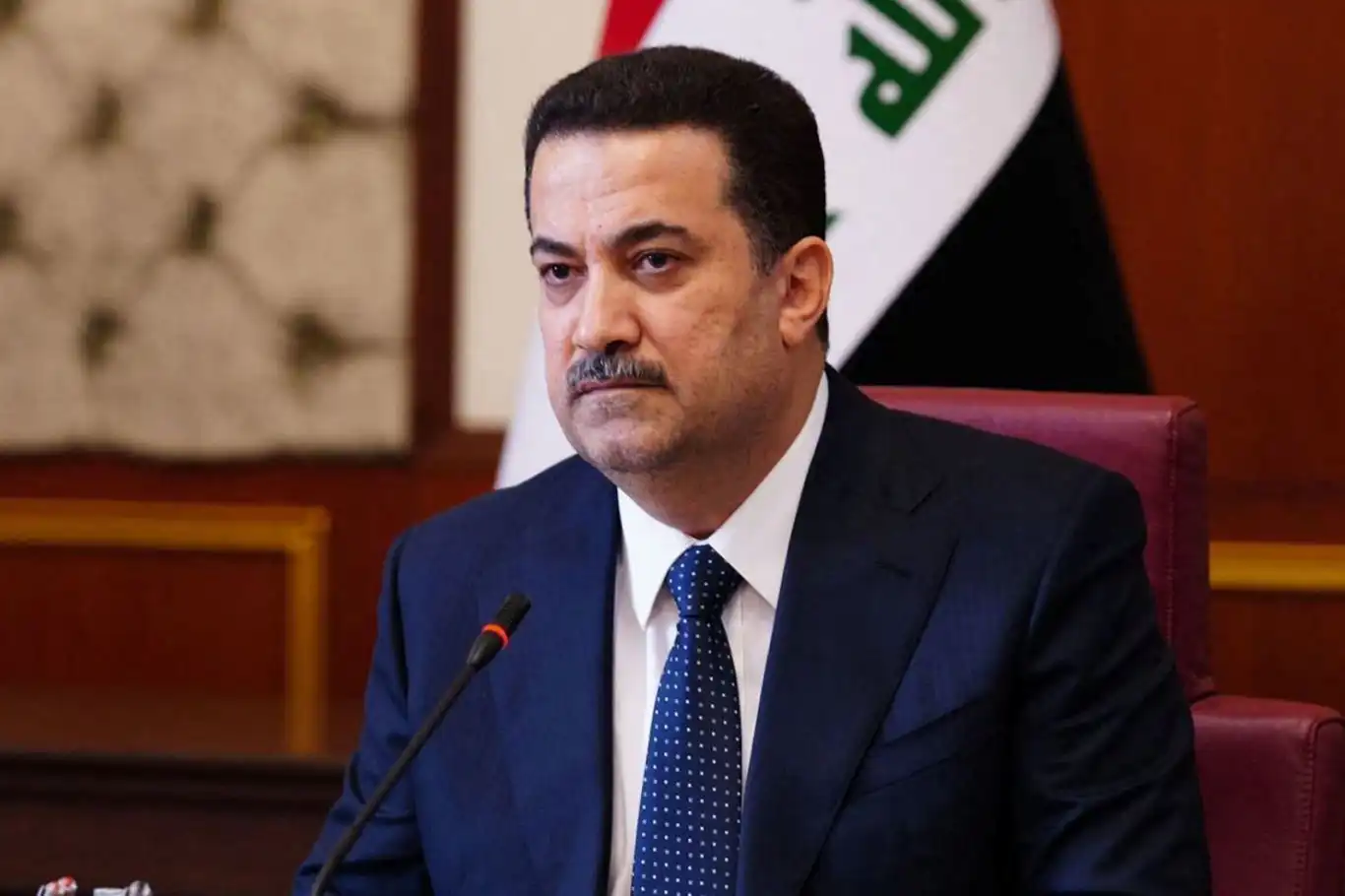Iranian President-elect Masoud Pezeshkian outlines vision for foreign relations
Iranian President-elect Masoud Pezeshkian has articulated his approach to international relations, encompassing neighboring countries, Africa, Europe, China, Russia, and the United States, in a comprehensive article titled "My Message to the New World," published by the Tehran Times.
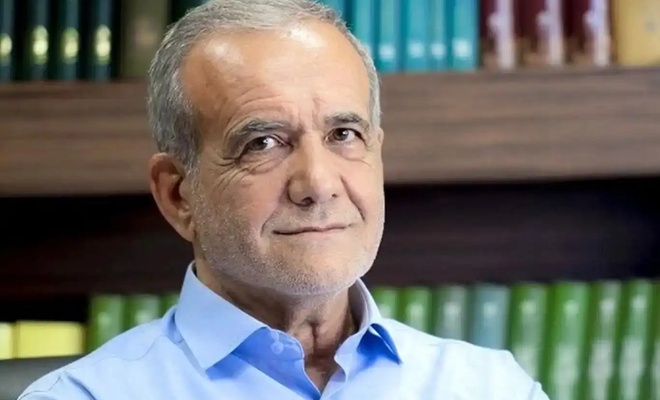
 Google News'te Doğruhaber'e abone olun.
Google News'te Doğruhaber'e abone olun. Following the tragic death of President Ebrahim Raisi in a helicopter crash on May 19, 2024, Iran held early elections that underscored the nation’s political stability. The elections, conducted peacefully and competitively, highlighted Iran's commitment to democratic processes amid regional turbulence. Pezeshkian’s victory, achieved on a platform of reform, national unity, and constructive global engagement, reflected the trust of a broad spectrum of Iranian society, including disillusioned youth. He praised the discernment of Supreme Leader Ayatollah Khamenei and the dedication of the Iranian people.
In his article, Pezeshkian emphasized his administration’s commitment to preserving Iran's national dignity and international stature, guided by the principles of "dignity, wisdom, and prudence." He stressed that Iran's foreign policy would be opportunity-driven, aiming to create balanced relations with all countries, aligned with national interests, economic development, and regional and global peace and security. The new administration will welcome sincere efforts to alleviate tensions and will reciprocate good faith with good faith.
Pezeshkian’s administration will prioritize strengthening relations with neighboring countries. He advocates for establishing a "strong region" where no single country pursues hegemony over others. He believes that resources should be devoted to regional progress and development rather than erosive competitions and arms races. Pezeshkian looks forward to deepening economic ties, trade relations, joint-venture investments, and regional dialogue with Turkey, Saudi Arabia, Oman, Iraq, Bahrain, Qatar, Kuwait, the UAE, and regional organizations. He called for united efforts to tackle common challenges such as war, sectarian conflicts, terrorism, environmental degradation, and foreign interference.
Reaffirming Iran’s stance, Pezeshkian condemned Israel as an apartheid regime engaged in genocide, occupation, war crimes, ethnic cleansing, and aggression. He urged neighboring Arab countries to collaborate politically and diplomatically to achieve a permanent ceasefire in Gaza and end the prolonged occupation. Pezeshkian emphasized the binding duty of all states under the 1948 Genocide Convention to prevent genocide and criticized the normalization of relations with Israel as rewarding the perpetrators.
Pezeshkian highlighted the strategic alliances with China and Russia. He acknowledged the 25-year roadmap with China as a significant milestone towards a "comprehensive strategic partnership." He praised China’s role in facilitating the normalization of relations between Iran and Saudi Arabia in 2023. Russia remains a valued strategic ally and neighbor. Pezeshkian’s administration is committed to expanding cooperation with Russia, supporting peace initiatives for Russia and Ukraine, and prioritizing bilateral and multilateral engagements within frameworks like BRICS, the Shanghai Cooperation Organization, and the Eurasia Economic Union.
Pezeshkian also committed to fostering relations with emerging international players in the Global South, particularly African nations, to enhance collaborative efforts and strengthen partnerships. He expressed a commitment to deepening Iran’s established relations with Latin America for development, dialogue, and cooperation in various fields.
Addressing Europe, Pezeshkian noted the ups and downs in relations, especially post-2018 following the U.S. withdrawal from the JCPOA. Despite European countries’ failure to meet their commitments to Iran, Pezeshkian looks forward to constructive dialogue based on mutual respect and equal footing. He urged European countries to acknowledge the dignity and rights of Iranians and explore collaboration opportunities in economic and technological cooperation, energy security, combating terrorism, and other fields.
In his message to the United States, Pezeshkian urged Washington to recognize that Iran will not respond to pressure. He highlighted Iran’s good faith in entering the JCPOA in 2015 and contrasted it with the U.S.’s unlawful withdrawal and subsequent actions, including the assassination of General Qassem Soleimani. Pezeshkian reaffirmed that Iran’s defense doctrine does not include nuclear weapons and called for a reassessment of U.S. policy towards Iran.
Pezeshkian extended an open invitation to nations willing to join Iran in pursuing constructive engagement on the international stage. He emphasized Iran’s commitment to its rights, dignity, and deserved role in the region and the world, expressing readiness to collaborate for mutual benefit and global peace. (ILKHA)




























